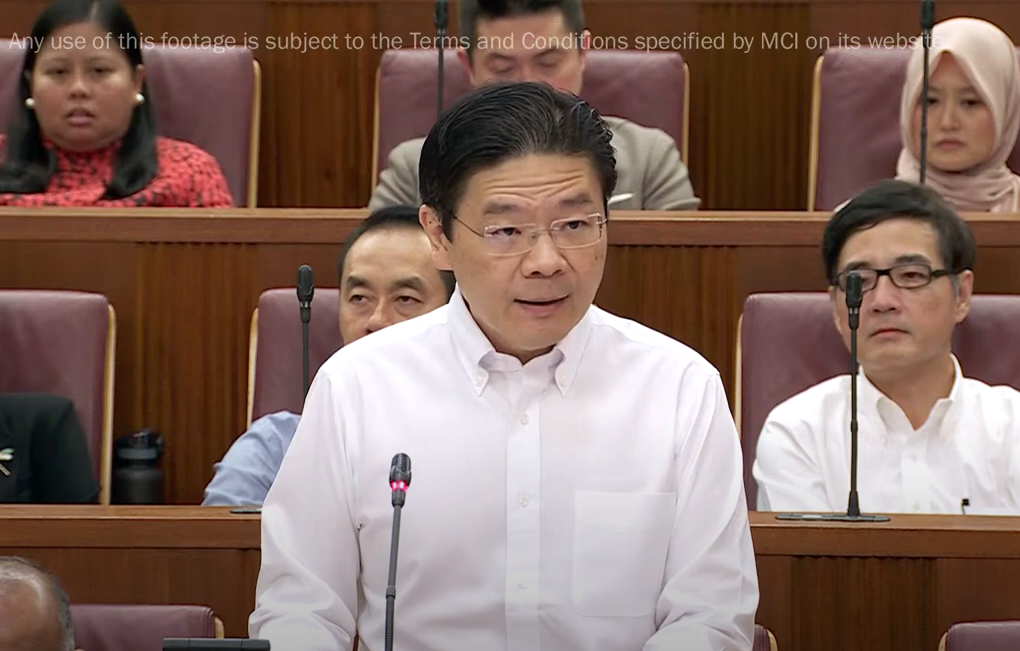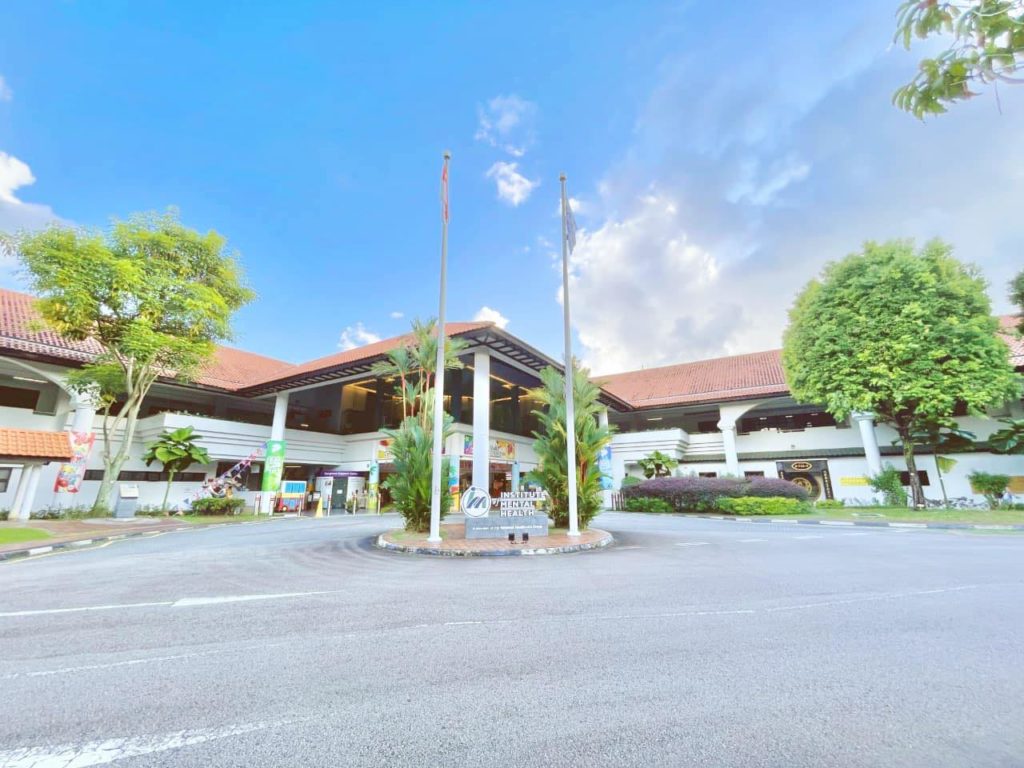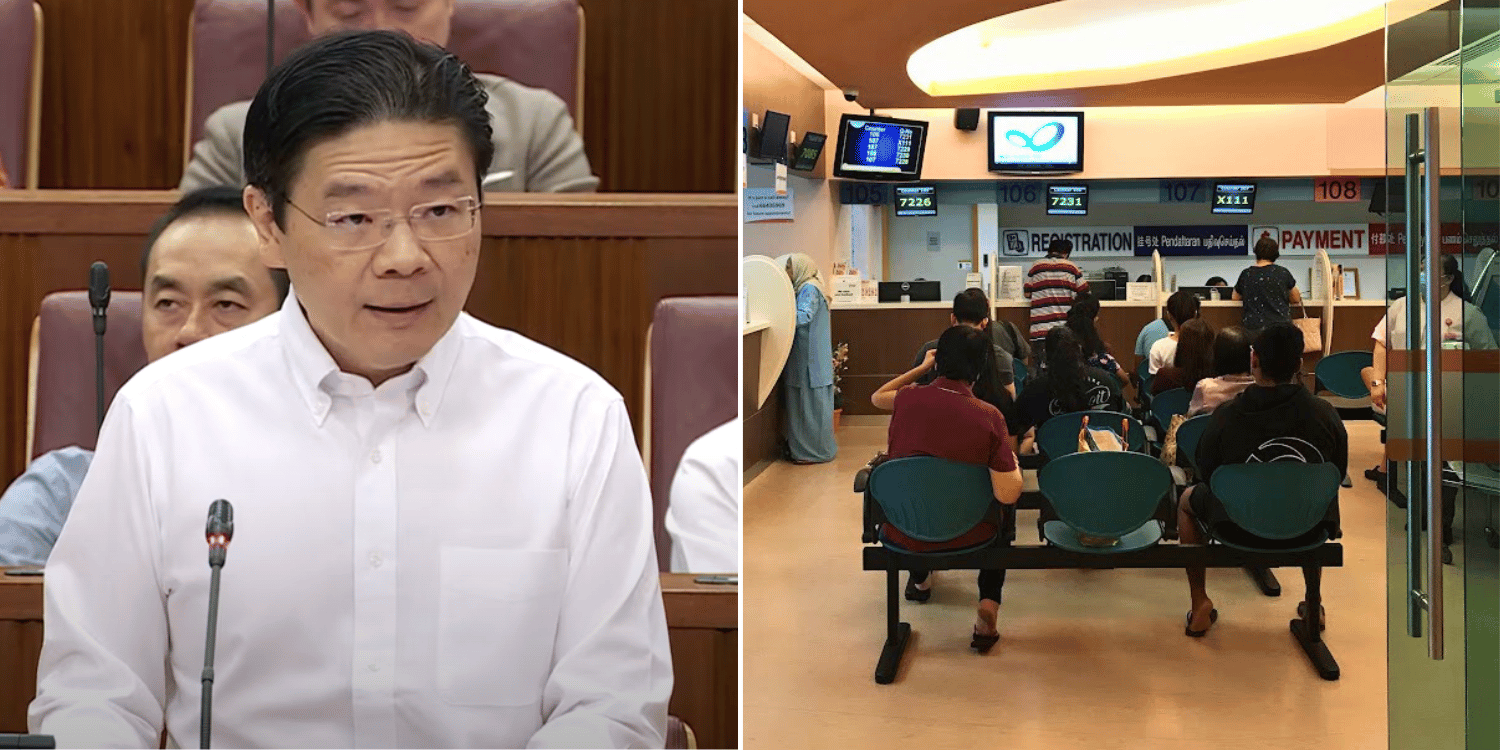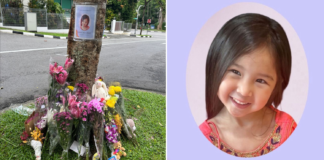Mental Health Services To Be Made Accessible At All Singapore Polyclinics By 2030
As part of Singapore’s national agenda to prioritise mental health and well-being, all Singapore polyclinics are set to offer mental health services by 2030.
In addition, 900 more general practitioner (GP) clinics will also offer these services.
These measures were shared by Deputy Prime Minister (DPM) Lawrence Wong in a parliamentary motion yesterday (7 Feb).
They are part of a comprehensive list of strategies rolled out by the government in a bid to increase accessibility to mental health support.
Increased accessibility to mental health services at polyclinics & GPs
In his address, DPM Wong emphasised that mental health issues exist on a spectrum.
Hence, different individuals may require unique types of intervention.

Source: MCI Singapore on YouTube
As part of the government’s “broad suite of solutions”, they will boost capabilities in multiple settings, such as polyclinics and GPs.
Apart from clinical settings, mental health services will be extended to other parts of the community such as schools and workplaces.
He shared that the government has set several targets that they wish to achieve by 2030 or earlier.
Particularly, mental health services will be introduced at all polyclinics and 900 more GP clinics.
Moreover, the government aims to reduce the wait times for these services.
In addition, the government will work towards increasing the number of public sector psychiatrists and psychologists by 30% and 40% respectively.
To further increase accessibility, they will equip and train 28,000 more frontline personnel and volunteers working at community and social service touchpoints.
Capacities at the Institute of Mental Health (IMH) and the redeveloped Alexandra Hospital will also be increased.

Source: Institute of Mental Health Singapore on Facebook
With the aforementioned measures, they will ensure that those in need can access timely and dedicated care at places near them.
DPM Wong highlighted that essentially, no individual will be unable to access mental health care because they cannot afford it.
He mentioned that government subsidies will be put in place to support individuals.
Emphasises need to destigmatise mental health conditions
During the motion, DPM Wong noted that perceptions towards individuals with mental health conditions are shifting for the better.
The Covid-19 pandemic has also spotlighted these issues as many struggled during the long periods of isolation.
As a result, the government established the Covid-19 Mental Wellness Taskforce in 2021.
Last October, Singapore’s National Mental Health and Well-being Strategy was launched.
DPM Wong asserted that the government is “fully committed” in its aim to prioritise mental well-being. However, societal attitudes still require improvement.
He cited the example of mental health discrimination in the workplace.
When faced with ostracism, individuals may avoid reaching out and thus are ultimately unable to receive appropriate treatment.
Notably, he stressed that “the stigma mutes voices that need to be heard”.
He contended that building safe spaces in the community is an essential step towards destigmatising mental health conditions.
Have news you must share? Get in touch with us via email at news@mustsharenews.com.
Featured image adapted from MCI Singapore on YouTube and Google Maps.








